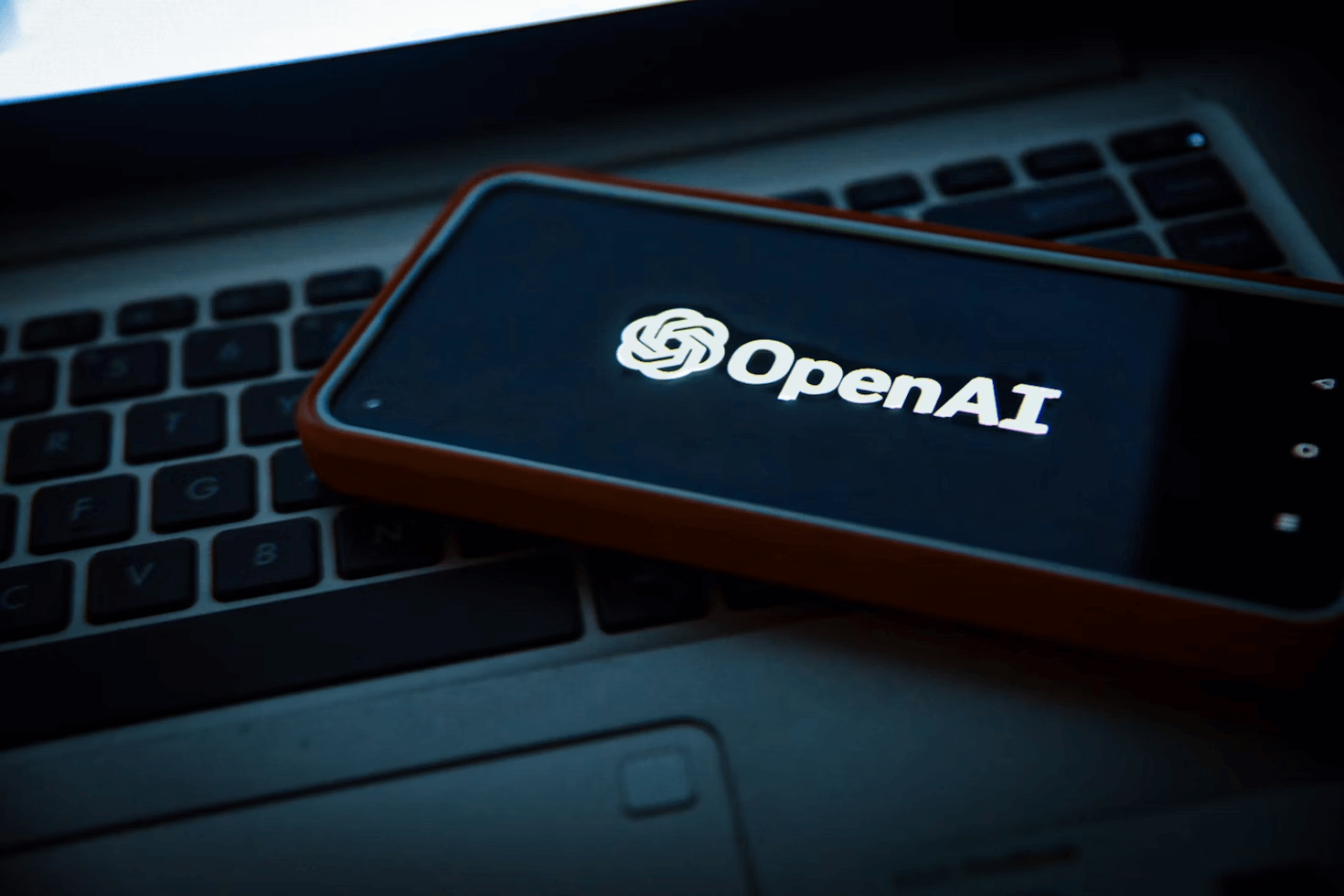Key Insights
- OpenAI released upgraded AI models including an improved GPT-4 Turbo and a faster, cheaper GPT-3.5 variant to compete with Google.
- Prices for GPT-3.5 access were cut by up to 50% to further expand usage, and new safety measures were added to chatbots.
- OpenAI introduced new semantic/concept understanding models and plans to let creators charge subscriptions for personalized chatbots.
SAN FRANCISCO (MarketsXplora) – OpenAI on Friday upgraded its leading artificial intelligence (AI) system GPT-4 and slashed prices for developers in an effort to take on rival tech giants like Alphabet Inc’s Google.
The San Francisco startup released an updated version of its GPT-4 Turbo preview model which it said would allow the system to complete tasks like coding more efficiently by reducing laziness.
OpenAI said complaints had emerged among users of its AI chatbot ChatGPT in December about the bot declining tasks, which it aimed to address with the GPT-4 Turbo update.
The company also introduced a faster and cheaper version of its GPT-3.5 model to help developers scale their applications. Prices were cut by 25% to 50% from the previous model.
OpenAI chief executive Sam Altman said his models still need safety improvements to mitigate generating falsehoods and other harms. Engineers this month reworked ChatGPT to curb those risks.
Along with the upgraded GPT-4 Turbo, Altman said OpenAI was introducing curated chat, personalized chatbots and better filtering of chatbot responses for profanity or toxicity.
The moves come as Google earlier this week unveiled its own AI chatbot Bard, which some analysts saw as direct competition to ChatGPT, OpenAI’s viral sensation.
Google’s Bard initially fumbled in its first public demo, leading to an $100 billion rout in the company’s market value. Analysts, however, argued Google remained well-positioned against OpenAI given its superior cloud infrastructure capabilities.
As the race for AI superiority heats up, OpenAI said it had also developed new embedding models to help systems better understand and quickly retrieve information – a technique known as retrieval-augmented generation.
The advances would help AI respond more accurately instead of guessing answers, OpenAI said.
The models convert words and sentences into a mathematical representation that can be easily processed by computers, the company said on its website.
Two new embedding models were released, including a more powerful large version called text-embedding-3-large that can process sophisticated texts.
OpenAI said it soon plans to enable creators to charge subscription fees for personalized chatbots and receive payments through its API platform.


